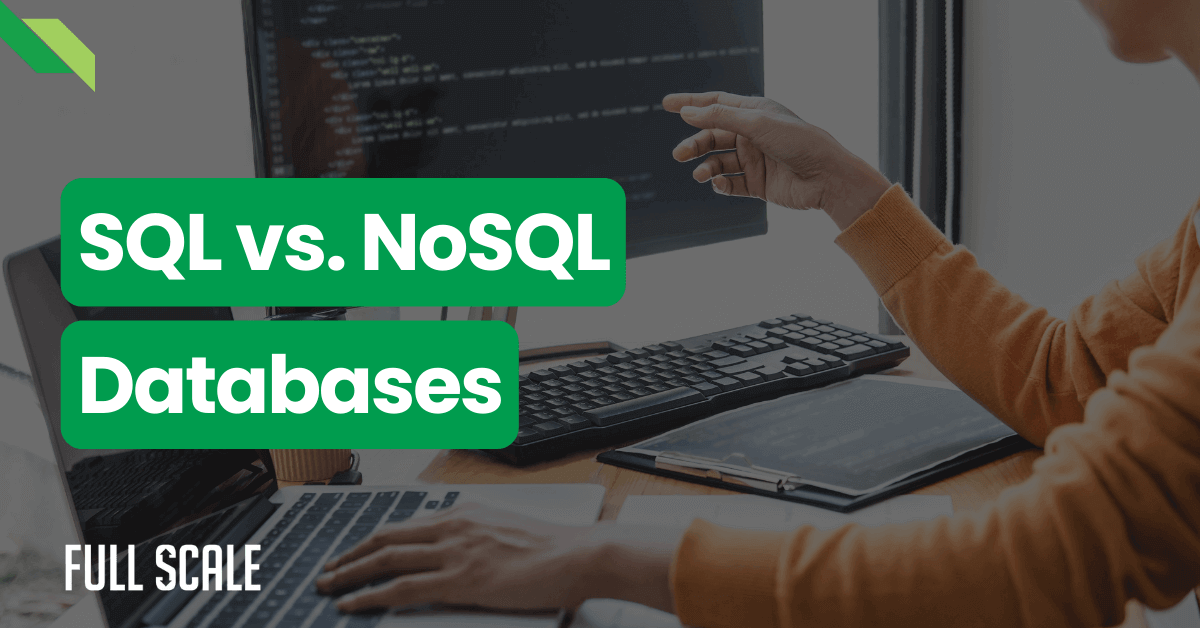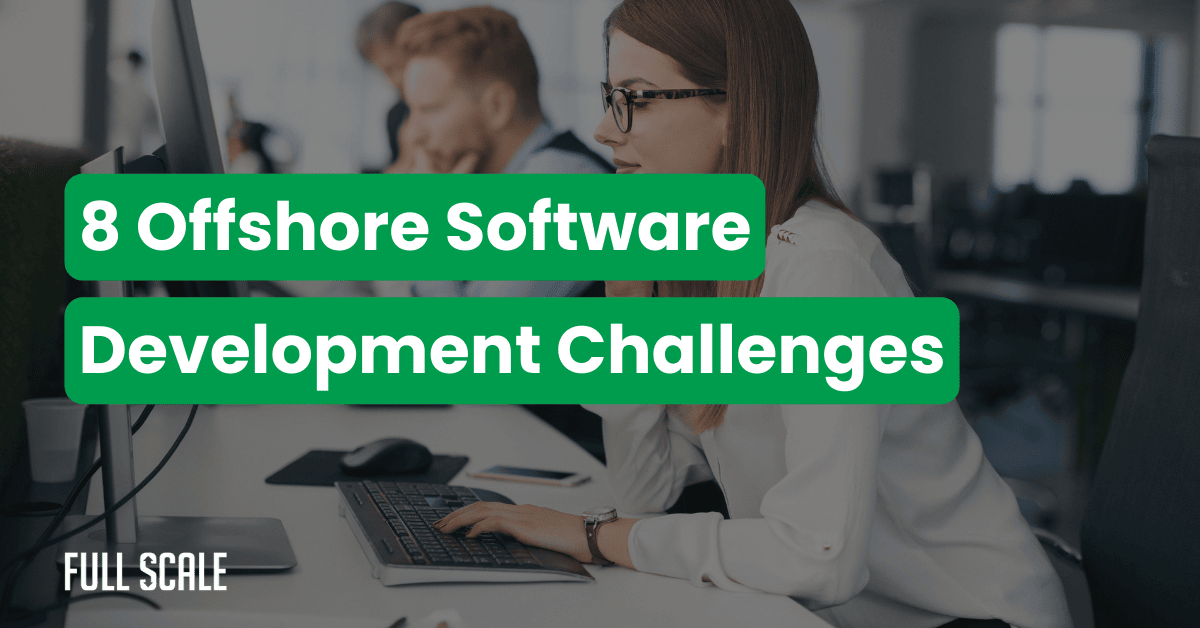Last Updated on 2024-10-16
One of the biggest decisions when choosing a modern database is choosing between SQL vs. NoSQL data structure.
As businesses evolve and data becomes increasingly diverse, understanding the core differences between SQL and NoSQL is important.
In this entry, we’ll study the difference between SQL and NoSQL databases to see which databases fit your project.
SQL vs. NoSQL: What’s the Difference?
When it comes to choosing between SQL vs. NoSQL databases, it’s important to understand how they differ.
Both systems offer unique advantages and cater to different needs, making the choice between them crucial for optimal data management.
SQL, or Structured Query Language, is a programming language with a traditional approach. It allows relational databases that model predefined schemas to manage structured data like rows and tables.
On the other hand, NoSQL, which stands for “Not Only SQL,” offers a more flexible, non-relational approach, ideal for handling unstructured or dynamic data.
Let’s break down the most important distinctions and discuss the best SQL vs. NoSQL database systems available.
The five critical differences between SQL vs. NoSQL are:
- SQL databases are relational, and NoSQL databases are non-relational.
- SQL databases use structured query language (SQL) and have a predefined schema, while NoSQL databases have dynamic schemas for unstructured data.
- SQL databases are vertically scalable, while NoSQL databases are horizontally scalable.
- SQL databases are table-based, while NoSQL databases are document, key-value, graph, or wide-column stores.
- SQL databases are better for multi-row transactions, while NoSQL is better for unstructured data like documents or JSON.
NoSQL systems are designed to be more flexible than traditional relational databases and can scale up or down easily to accommodate changes in usage or load.
This makes them ideal for use in applications that require high availability, massive amounts of data, and rapid development.
Common use cases for NoSQL databases include web applications, mobile apps, real-time analytics, and Internet of Things (IoT) solutions.
When to Use SQL vs. NoSQL
The decision of which type of database to use—SQL vs. NoSQL—will depend on the particular needs and requirements of the project.
For example, if you need a fast, scalable, and reliable database for web applications, then a NoSQL system may be preferable.
On the other hand, if your application requires complex data queries and transactional support, then an SQL system may be the better choice.
Ultimately, there is no one-size-fits-all solution—it all comes down to what you need from your database and which type of system can provide for it efficiently.
Top SQL and NoSQL Database Providers
When it comes to finding a provider who specializes in SQL or NoSQL databases, there are several factors a business owner should consider:
- Expertise and experience: Look for a provider with a proven track record of successfully implementing and managing SQL or NoSQL databases for clients in your industry.
- Scalability and performance: Ensure the provider can offer a database solution that can scale up or down as your business needs change, and delivers the performance you require.
- Security and compliance: Choose a provider that prioritizes data security and can ensure your database meets any relevant industry regulations or standards.
- Support and maintenance: Look for a provider that offers comprehensive support and maintenance services to keep your database running smoothly.
- Cost-effectiveness: Compare pricing and service offerings to find a provider that fits your budget and delivers the best value for your money.
How Full Scale Can Help
Full Scale is a software development company specializing in building custom solutions for businesses.
Our team of expert developers and engineers has extensive experience working with SQL and NoSQL databases and can help you choose the right database technology for your project.
Whether you need to build a new web application, mobile app, or enterprise-level system, Full Scale can provide the technical expertise and resources to make your project successful.
We offer a range of services, including software development, QA and testing, staff augmentation, and more.
Here are the benefits of working with us:
- Development Expertise—Our team of seasoned professionals can help you navigate the complex world of database technologies and ensure that your project is built on a solid foundation.
- Custom Development Service—We’ll work closely with you to understand your specific needs and requirements and then recommend the best database solution to meet your goals.
- Diverse Skills—In addition to our expertise in SQL and NoSQL databases, Full Scale also specializes in serverless computing, a cloud-based approach that can significantly reduce operational overhead and simplify database infrastructure management.
By leveraging serverless technologies, we can help you build scalable, cost-effective, and highly available database solutions that adapt to your changing business needs.
Develop Software with Full Scale
Ultimately, the choice between SQL vs. NoSQL databases comes down to the specific needs of your project.
SQL databases excel at handling structured data and complex transactions, while NoSQL databases are better suited for handling unstructured, rapidly changing data.
By understanding the key differences between these two database types, you can make an informed decision that will set your project up for long-term success.
Whether you choose SQL or NoSQL, Full Scale has the expertise and resources to help you build a robust, scalable database solution that meets your business needs.
Contact us today to learn more about how we can help you succeed.
Build A Robust Database

Matt Watson is a serial tech entrepreneur who has started four companies and had a nine-figure exit. He was the founder and CTO of VinSolutions, the #1 CRM software used in today’s automotive industry. He has over twenty years of experience working as a tech CTO and building cutting-edge SaaS solutions.
As the CEO of Full Scale, he has helped over 100 tech companies build their software services and development teams. Full Scale specializes in helping tech companies grow by augmenting their in-house teams with software development talent from the Philippines.
Matt hosts Startup Hustle, a top podcast about entrepreneurship with over 6 million downloads. He has a wealth of knowledge about startups and business from his personal experience and from interviewing hundreds of other entrepreneurs.




